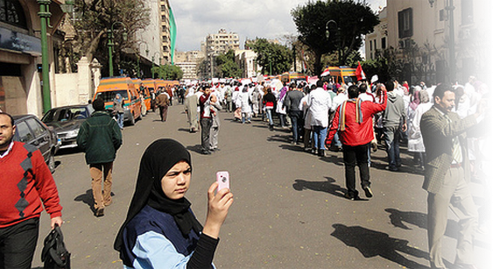“UNESCO works to strengthen journalism education, and this publication is one of the offerings in a line of cutting-edge knowledge resources. It is part of the “Global Initiative for Excellence in Journalism Education”, which is a focus of UNESCO’s International Programme for the Development of Communication (IPDC). The Initiative seeks to engage with teaching, practicing and researching of journalism from a global perspective, including sharing international good practices. Accordingly, the current handbook seeks to serve as an internationally-relevant model curriculum, open to adoption or adaptation, which responds to the emerging global problem of disinformation that confronts societies in general, and journalism in particular. This handbook is designed to give journalism educators and trainers, along with students of journalism, a framework and lessons to help navigate the issues associated with ‘fake news’. [It is also hoped] that it will be a useful guide for practicing journalists. It draws together the input of leading international journalism educators, researchers and thinkers who are helping to update journalism method and practice to deal with the challenges of misinformation and disinformation. The lessons are contextual, theoretical and in the case of online verification, extremely practical. Used together as a course, or independently, they can help refresh existing teaching modules or create new offerings. Overall, this publication should help societies become more informed about the range of societal responses to disinformation problems, including those by governments, international organisations, human rights defenders, Internet companies, and proponents of media and information literacy. It particularly highlights what can be done by journalists themselves and by the people who educate and train them. [Ultimately, it is hoped that the] handbook can help to reinforce the essential contribution that journalism can make to society – and also to the Sustainable Development Goals’ ambition of “public access to information and fundamental freedoms”.”

